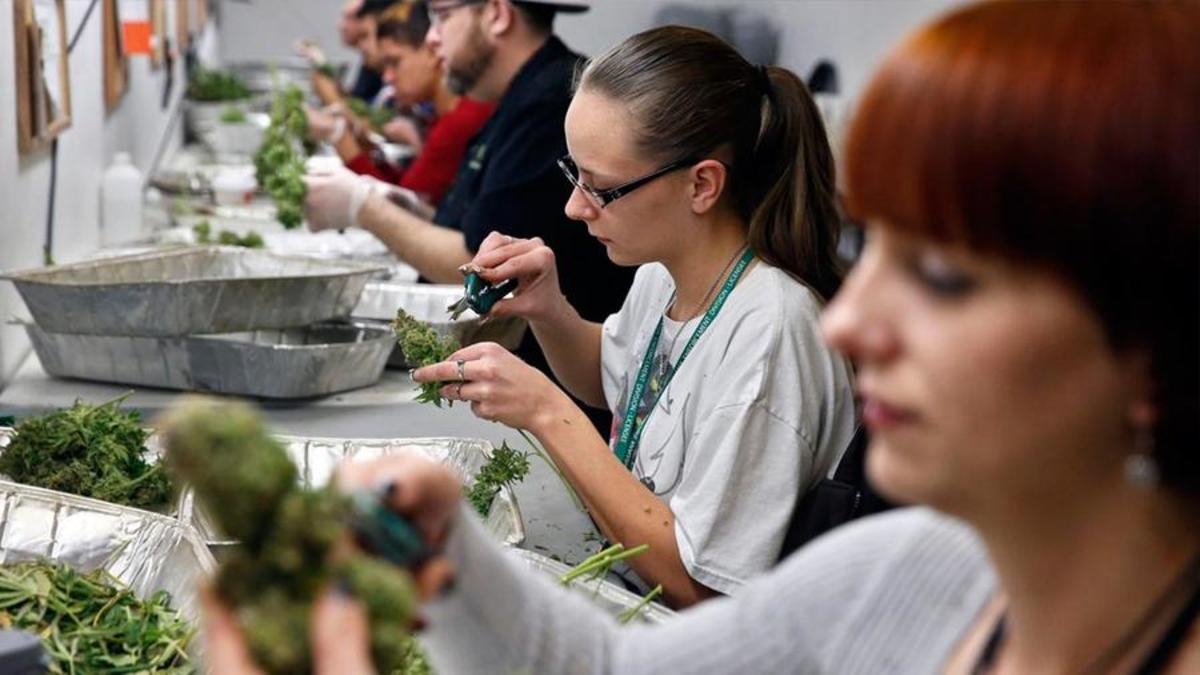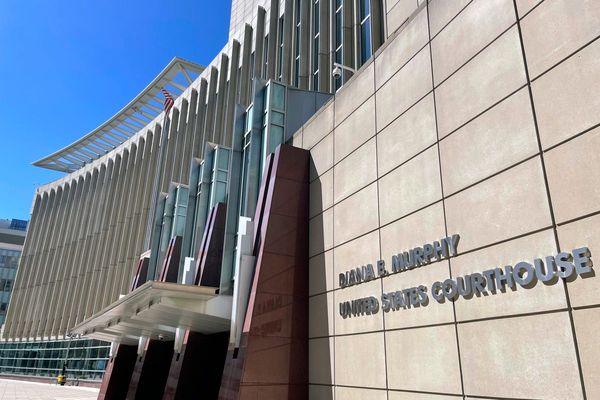
After some debate, last week the Senate Banking Committee voted to advance the Secure and Fair Enforcement Regulation Banking Act by a 14-9 vote.
Democratic support of the bill has been centered on the idea of economic and justice reform for people, many of whom are minorities, who have been incarcerated or otherwise negatively affected by the war on drugs that the U.S. has been waging for over 50 years.
So opposition to the SAFER bill from the left of the political aisle comes from the idea that the underprivileged will be excluded from any of the benefits of marijuana businesses having broader access to the banking industry.
Sen. Raphael Warnock (D-GA) said that he was "deeply troubled" that the committee was "voting on this bill at this time."
"I must ask my colleagues why this bill, and why now? I find it a tragic irony that we are calling this the SAFER Banking bill. Who does this SAFER Banking bill make safer? Certainly not the millions of Americans locked up for non-violent drug offenses since President Nixon declared the war on drugs 50 years ago."
Warnock argued that he would only support the bill if "broader cannabis reforms" were also included and the bill did not solely focus on the bankers and big businesses who could make money from the change.
More Cannabis News:
- $2 billion cannabis merger goes up in smoke as industry awaits US banking reform
- Cannabis edibles or regular Doritos? FTC orders THC lookalikes to quit it
- Las Vegas Strip finally has an answer for its cannabis problem
This week, marijuana advocates also warned that America's $26 billion legal cannabis industry is in danger of being consolidated "into the hands of a few well-financed national players."
"If the trend continues, the cannabis industry might soon resemble America’s beer industry: a market dominated by a handful of global corporations with small businesses competing for an ever-shrinking slice of the pie," Bruce Barcott, author of 'Weed the People: The Future of Legal Marijuana in America", and Shaleen Title, director of Parabola Center for Law and Policy, wrote in an op-ed.
"Congress and the White House don’t need to reinvent the wheel. There are simple solutions available. Small businesses could be allowed to engage in interstate commerce now, before Amazon and Philip Morris get into the industry. They could be allowed access to grants and loans. Even SAFER, a modest banking reform measure, could give America’s state-licensed, tax-paying and law-abiding small cannabis companies a fair shot at success if it was amended to allow for SBA loans," the pair wrote.
Get investment guidance from trusted portfolio managers without the management fees. Sign up for Action Alerts PLUS now.







